
In the vast expanse of our oceans, where colossal whales glide and powerful currents surge, some of the most critical players in marine ecosystems are among the smallest. These tiny organisms, including plankton, microalgae, and microscopic sea creatures, form the foundation of oceanic life. Despite their minuscule size, their influence on the health of our oceans and the global climate is monumental.
The Powerhouses of the Ocean
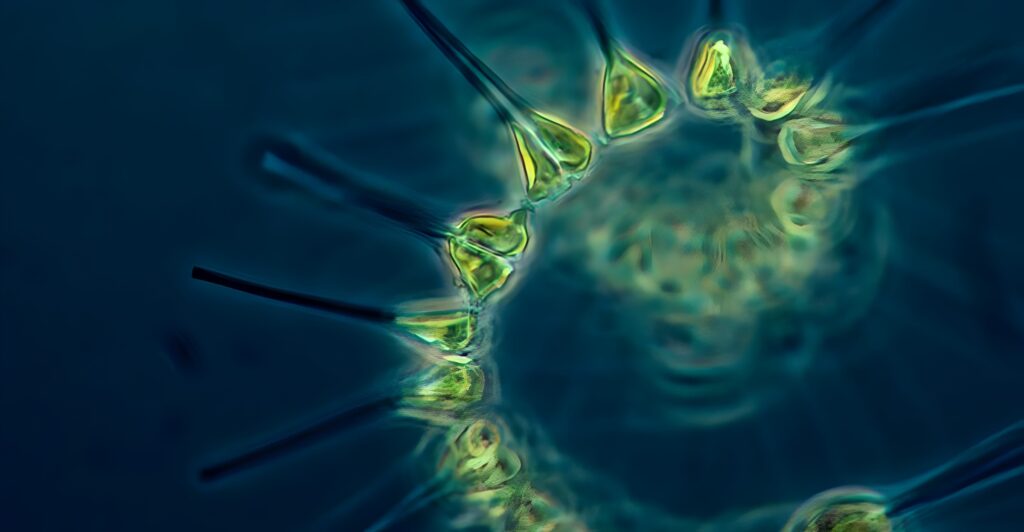
Phytoplankton, microscopic plants drifting near the ocean’s surface, play a key role in producing oxygen—more than half of the oxygen we breathe comes from these unassuming organisms. By absorbing carbon dioxide during photosynthesis, they also act as a natural carbon sink, mitigating the effects of climate change.
A Crucial Link in the Food Chain
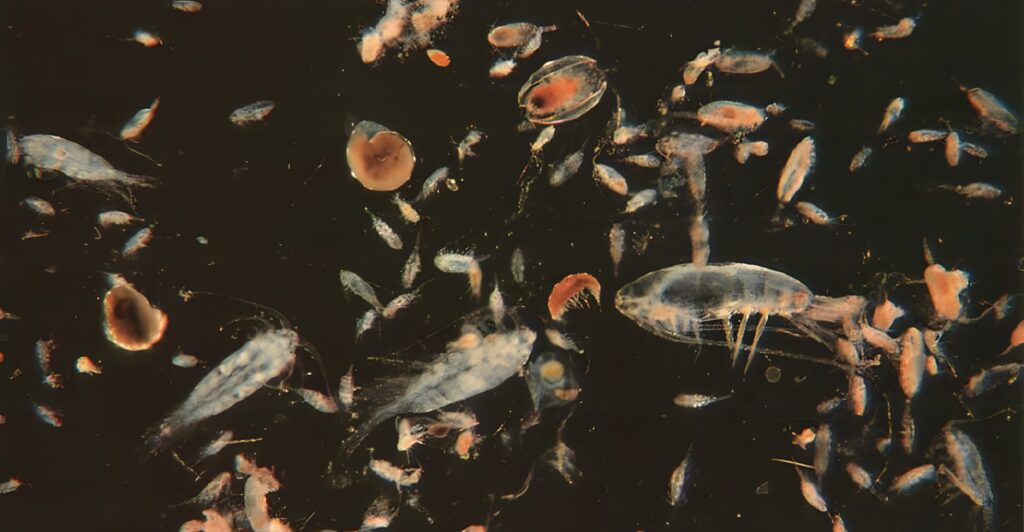
Zooplankton, the animal counterpart to phytoplankton, feed on these tiny plants and, in turn, become a primary food source for larger marine animals such as fish, whales, and seabirds. This microscopic transfer of energy up the food chain highlights their importance in maintaining marine biodiversity.
Threats to Their Survival
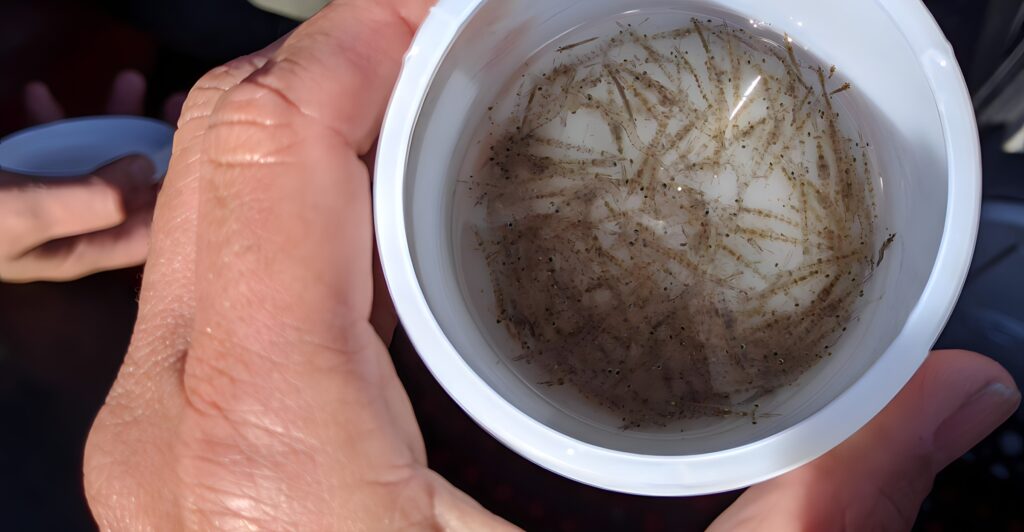
Despite their resilience, these organisms are highly sensitive to changes in their environment. Rising ocean temperatures, acidification, and pollution have begun to disrupt their populations. For instance, warmer waters can cause harmful algal blooms, which not only outcompete beneficial phytoplankton but also release toxins that can devastate marine life.
The Ripple Effects of Decline
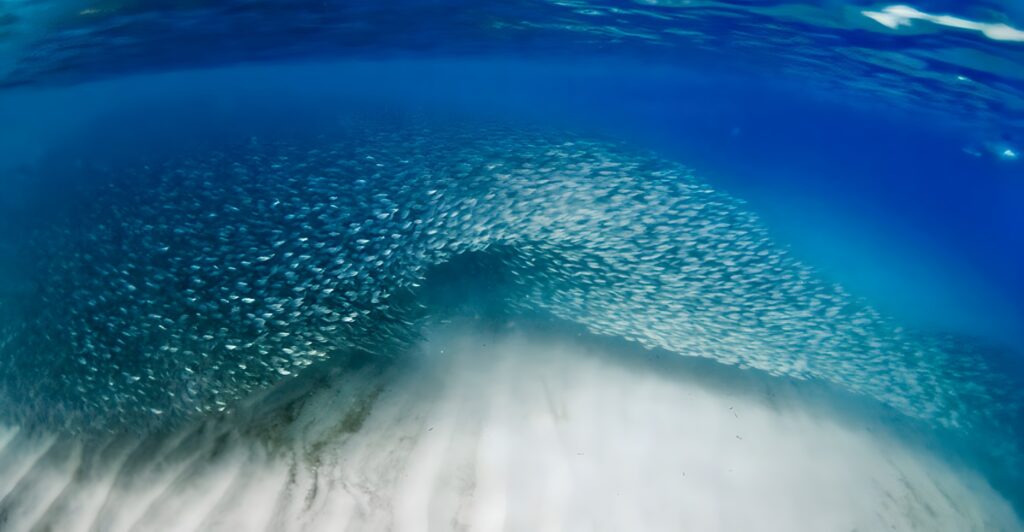
A decline in these small but mighty organisms triggers cascading effects throughout marine ecosystems. Fish populations may shrink due to a lack of food, and predators like sharks and whales can struggle to find sustenance. This disruption can also impact human livelihoods, as fisheries dependent on these populations face declining yields.
Ocean Acidification: A Growing Concern
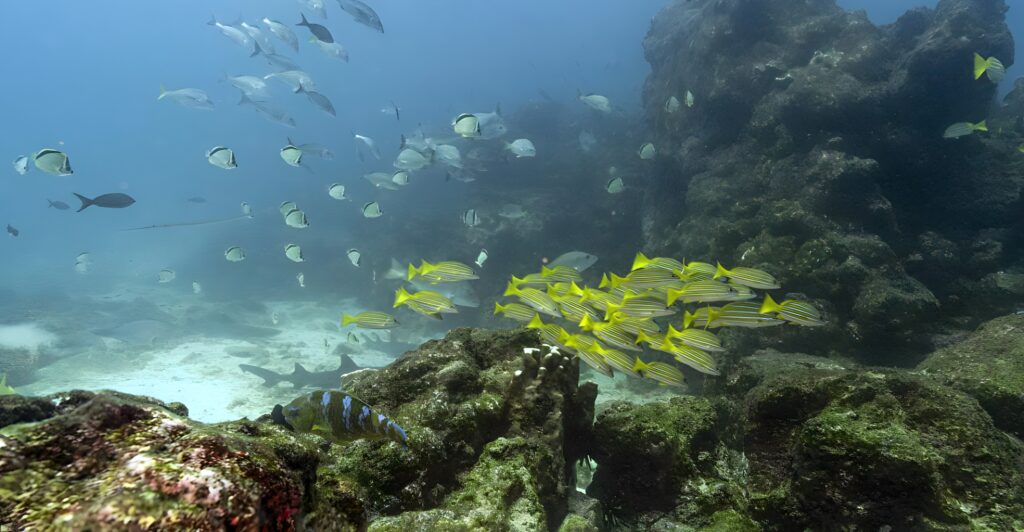
As oceans absorb more carbon dioxide, they become more acidic, making it harder for planktonic species that rely on calcium carbonate to build their shells and skeletons. These changes could drastically alter ocean chemistry and reduce the abundance of plankton species crucial for marine food webs.
The Role in Carbon Sequestration
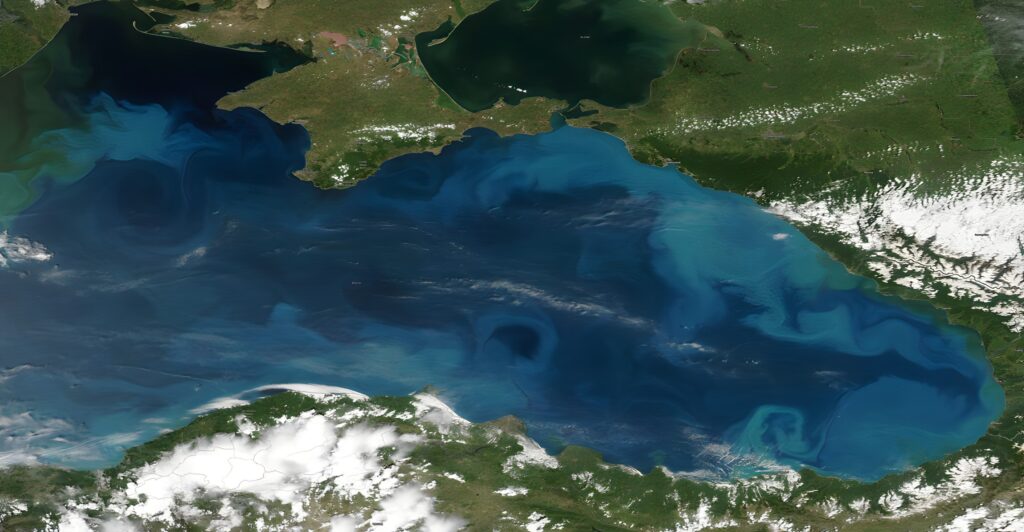
In addition to producing oxygen, phytoplankton contribute to the biological pump—a process that transports carbon from the surface to the deep ocean. When these organisms die, their carbon-rich remains sink, effectively storing carbon away for centuries. This process is essential for regulating Earth’s climate.
Microplastics: A New Threat

Recent studies have revealed that microplastics are being ingested by plankton, posing another significant threat. As these particles enter the food chain, they not only harm plankton but also carry toxins up the chain, ultimately affecting larger marine animals and humans.
Conservation Efforts and Solutions
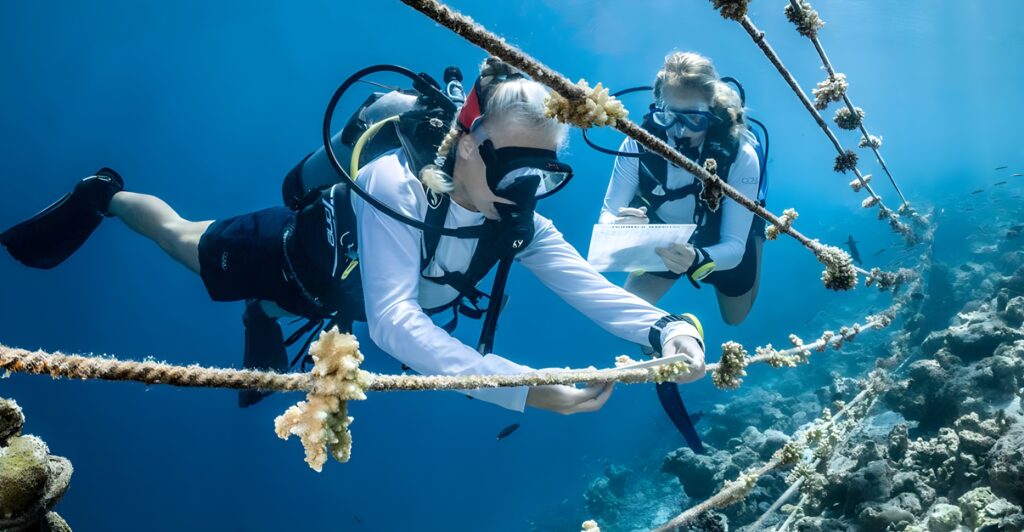
To safeguard these vital organisms, global efforts are underway. Reducing greenhouse gas emissions, regulating pollution, and implementing marine protected areas are some measures being employed to address the threats they face. Public awareness campaigns also play a crucial role in highlighting their importance and the need for action.
Technological Innovations
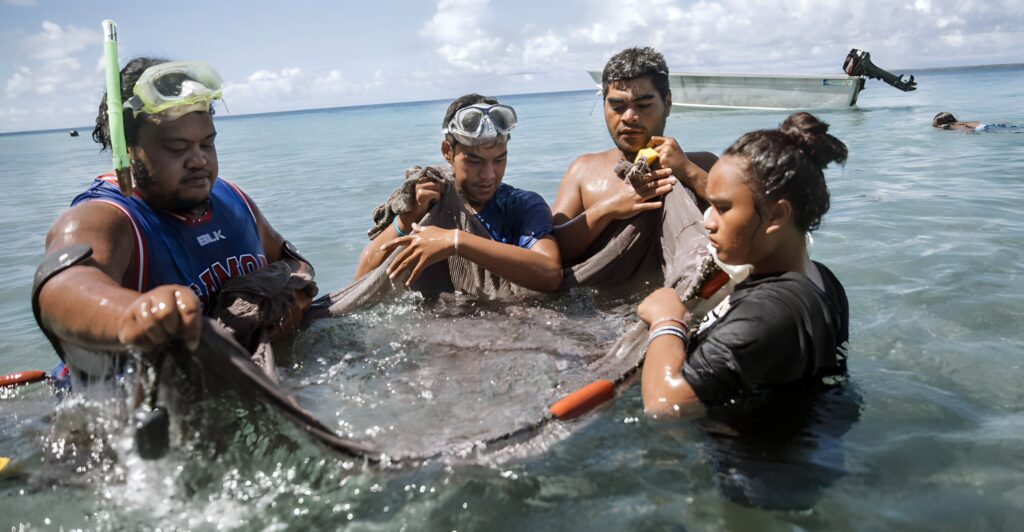
Scientists are leveraging cutting-edge technology, including satellite imaging and autonomous underwater vehicles, to monitor plankton populations and ocean health. These advancements provide crucial data, enabling better understanding and management of ocean ecosystems.
The Need for Global Collaboration
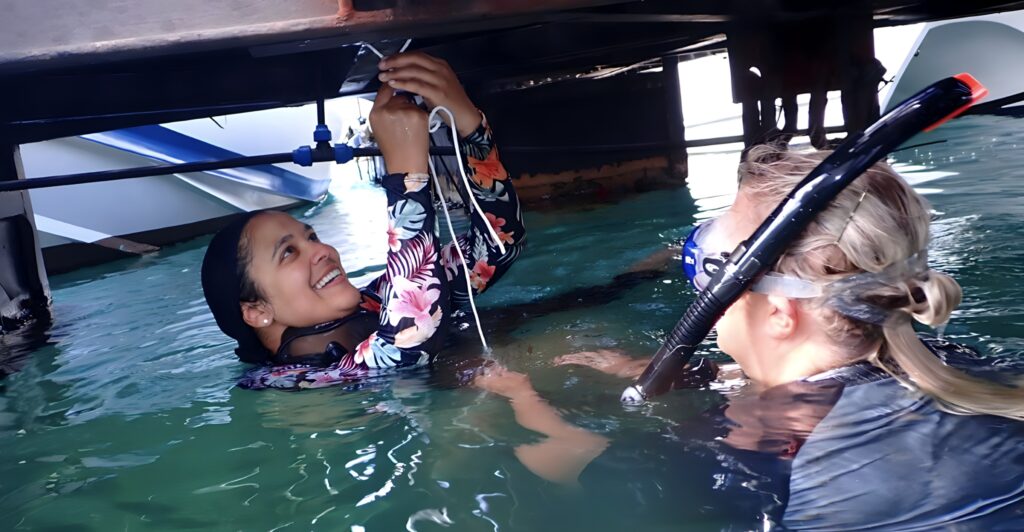
The health of our oceans transcends national boundaries, necessitating collective action. Collaborative international agreements, such as the Paris Agreement and various marine conservation treaties, emphasize the shared responsibility of protecting these microscopic yet mighty organisms.
A Call to Help
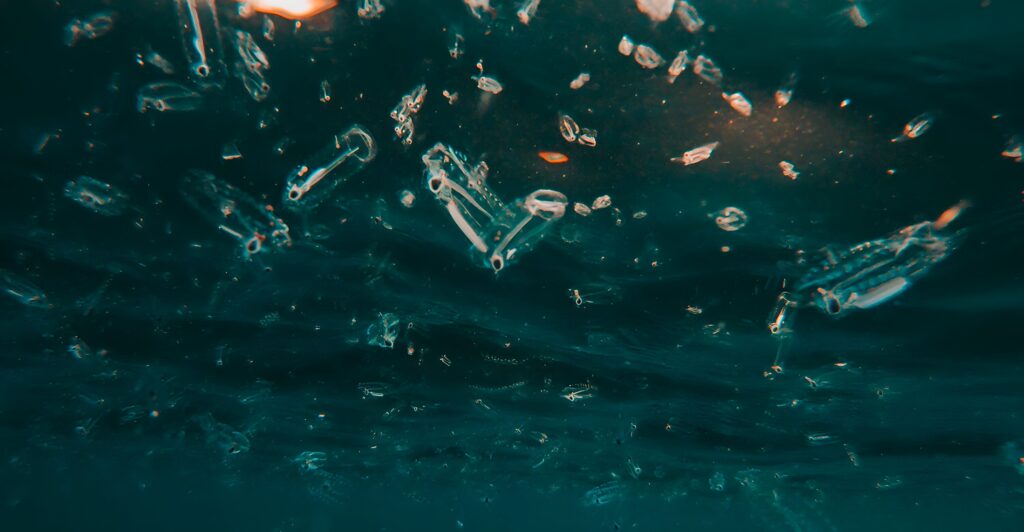
While their size may make them easy to overlook, the role of these tiny ocean dwellers cannot be overstated. Their survival is intricately linked to the well-being of marine ecosystems, the stability of our climate, and even human life itself. Protecting them requires immediate and sustained effort.
It’s Up To Us
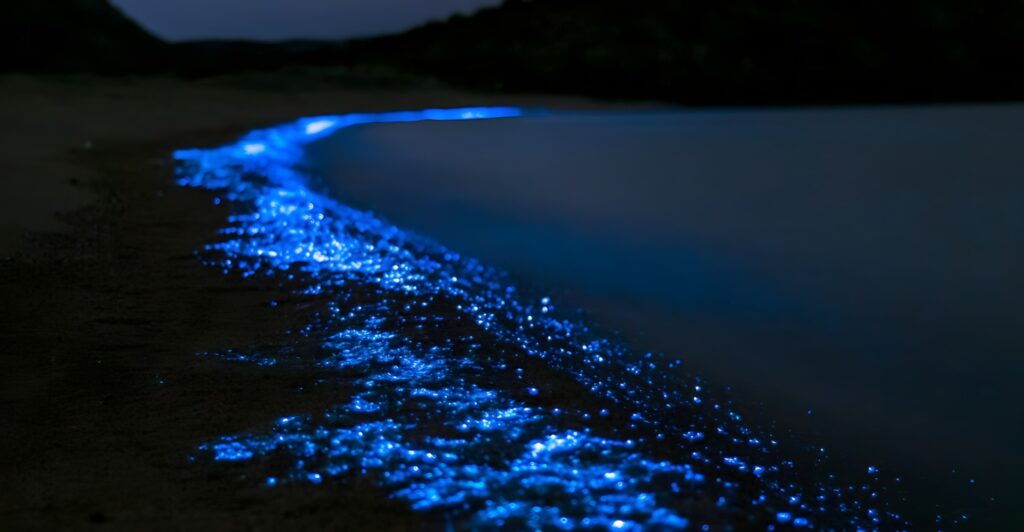
Tiny yet mighty, the organisms that inhabit our oceans remind us of the intricate connections that sustain life on Earth. As stewards of this planet, it is our responsibility to ensure their survival. By protecting these small but vital contributors, we safeguard not only the health of our oceans but also the future of our planet.
Stay connected with us for more stories like this! Follow us to get the latest updates or hit the Follow button at the top of this article, and let us know what you think by leaving your feedback below. We’d love to hear from you!







